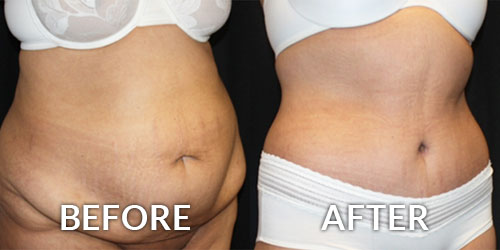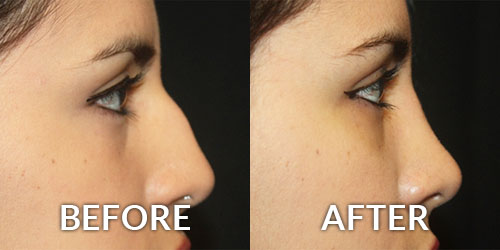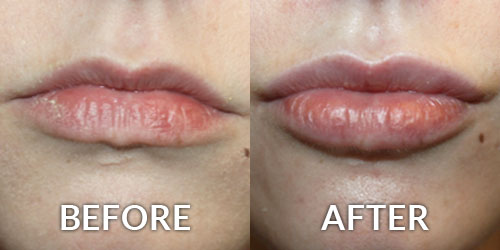Breast Implants Fact or Fiction
Misconceptions about Breast Implants answered by Dr Brian Glatt
Fact or Fiction?
- You can always breastfeed with implants.
FALSE. If a woman is able to breast feed otherwise (some people are not able to breast feed regardless of implants being present), then having breast implants should not affect this and you should be able to breast feed after having implants. There is, however, a small chance that she will not be able to.
- It doesn’t matter if breast implants are put over or under the muscle.
FALSE!! It matters a lot whether breast implants are placed over or under the muscle! OVER the muscle produces a look which is less natural and prone to the breast implant being visible. This is especially true in thinner women. There is also a higher chance of the breast implants developing capsular contracture (hardening of the tissue around the implant) when they are placed over the muscle. Breast implants placed under the muscle have more soft tissue coverage and so produce a more natural looking result and also have a lower risk of hardening later on. One disadvantage to placing them under the muscle , though, is that if you are working out your pecs, the implants may move in an unnatural way.
- There is no danger of flying with breast implants.
TRUE. There is no danger of flying with breast implants. You would want to ideally allow yourself some time to heal after surgery before you fly, but nothing about the implants makes it unsafe to fly.
- You have to change your breast implants every 10 years or so.
FALSE. You do not HAVE to change your implants every 10 years or so. The life span of an implant is thought to be about 10-15 years, so you just need to be prepared for the possibility that your implants may only last that long and will eventually need to be replaced. Women need to understand that breast implants will not last forever; you do not need to change them out unless you have a reason to do so, such as one of them rupturing.
- You will always have a scar from breast augmentation surgery.
TRUE. There is no way to place breast implants through the skin without producing a scar somewhere. Even if it is very small, very light, barely visible, or extremely well hidden, there will always be a scar.
- There is always a danger of having an implant burst.
TRUE. Although the lifespan of breast implants is supposed to be about 10-15 years, a breast implant can always rupture sooner. The opposite is also true though – your breast implants may very well last a lot longer than 10-15 years.
- There is a concrete way of knowing what size breast implant you should get.
FALSE. There is no concrete way of knowing what size implant may be most appropriate for you. This is an individualized discussion which should be had with your surgeon and will depend on a combination of factors including your desired postoperative appearance, your postoperative goals, and your body size and shape.
- Silicone gel breast implants will get hard over time, saline breast implants won’t.
FALSE. Breast implants get hard not from the implant themselves, but from the normal scar tissue around the implant contracting and squeezing the implant. This is called capsular contracture and is not part of the normal process of breast augmentation. Everyone has a capsule after breast augmentation surgery; this capsule though should stay nice and soft and not produce changes which can make the implants feel hard. Capsular contracture is considered a complication after breast implant surgery. In fact, silicone gel filled breast implants are usually much softer feeling and looking than ones filled with saline!
- Implants will never sag.
FALSE Breast implants don’t sag. The overlying breast tissues do sag over time. Sometimes the breast can sag over the implant, producing an unattractive appearance to the breast which can easily be corrected with breast lift surgery. The breasts will age over time as they would without the implants in place, in fact; having implants, especially larger ones, may actually cause the breasts to sag more over time secondary to the weight of the implants on the surrounding soft tissues
- Breast implants can leak and/or cause problems over time
TRUE Breast implants can leak over time. If they are filled with saline, then your breast will deflate and appear to be smaller. If you have silicone gel filled breast implants, then it may be more difficult to know if the shell has ruptured. You may need an MRI or other imaging study to know for sure if your silicone gel implants have ruptured. Either way, if your implants are ruptured, the recommendation is to have them replaced. The contents of the implants should not travel beyond the pocket and do not make you sick or cause problems over time.




